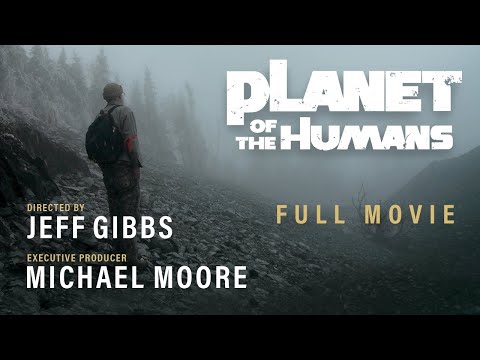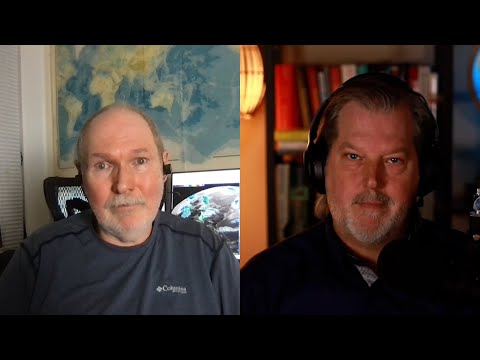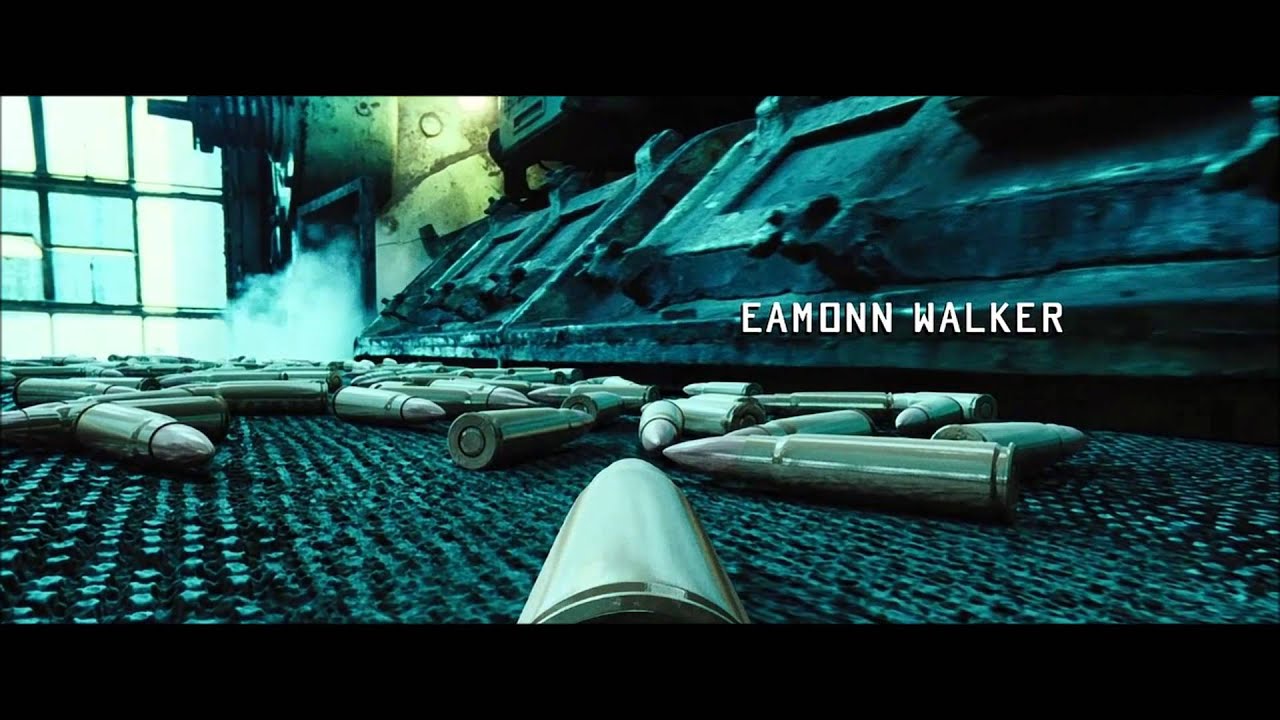Right K: over-eating but starving is a real - and big - thing these days, amongst the over-prosperous Pampered Twenty Percent. That and chronic under-exercise of physical effort, leading to a chronic flab epidemic, and all the associated ills. Junk food as part of a junk life is the cause of that.
To answer E’s request: To begin with, I too was a troobleever. But then reservations began to stack up. And just lately, the gross derelictions of professional and ethical duty by so many unigrad-technocrat bourgeois, particularly over the covid swindle, has heightened the public sense that ‘scientists’ (the pure priesthood) and ‘the science’ (the impeccable doctrine) may not be as lillywhite as we used (were indoctrinated) to think. This past two years we’ve been watching the extraordinary phenomenon of two radically-opposed interpretations of events, where both factions are convinced - to the point of “I’d rather fight than switch!” - that their head-on contradictory stories are the right one. This sort of idiot certainty, always begot of emotion rather than reason, with a large measure of rote indoctrination and applied-psychology manipulation added, bedevils the unigrad-technocrat mindset in particular.
Where I stand now is… in a quandary:
Obviously, you can’t watch an absolutely unmistakable human population-overshoot episode, caused and heavily-empowered by the Industrial Revolution, begin to tear huge masses of long-sequestered fossil hydrocarbons out of the ground and burn them into the atmosphere, whilst at the same time devastating the forest, prairie and soil-community life-systems which regulate atmospheric gases, without seeing - with some certainty - that this is going to shake up the Earth’s homeostatic balance eventually.
Of this, I think we can be confident. But…
There’s always the same problem when trying to foretell the trajectory of complex, inherently-probablistic systems: you can’t do it! In principle! Probablistic processes simply cannot be predicted with anything more than relative degrees of probability. Certain knowledge of an already-set-in-stone future, though perennially popular amongst those swept away by the seductions of dogmatic certainty, is simply not possible; on first principles of basic post-quantum-mechanics physics. The pure Scientific Method doctrine of permanent open-minded scepticism is the only logically impeccable stance; about climate shift as much as about anything else. We don’t, and we can’t, effing-well KNOW what’s going to happen!
I’ve lived long enough to be able to enter - fwiw - a credible piece of anecdote: there’s no doubt that the climate in Britain is a little bit warmer and more clement than it was eighty years ago; I’ve watched that happen. In this time of my dotage, I no longer have to make prudent provision for extended periods of frosty, snowy, icy conditions each Winter. They’ve ebbed. And Spring comes earlier now; in fact the seasons where I live have now telescoped into: Long rather dry Summers; and extended Autumns, often reaching right across into long, cold-starting Springs, without any real Winter interlude at all. I used to see white Christmases. I haven’t seen one at all for the past decade or so.
So far, so credible. But what is coming?
Paleontology/geology suggests that there have been times in the past of life on Earth when the mean global temperatures were ten or more degrees C higher than they are now; with life thriving effulgently throughout. There have also been times - Snowball Earth, and the Younger Dryas spring to mind - when the mean was significantly lower. And the same Record of the Rocks says that the climate is ALWAYS on the move; there is NO single long optimum level from which we vary at our peril. It’s always varying. Ice Ages visit regularly, then pass. Evolution copes.
There’s also that awkward paleontological suggestion (I don’t know enough about it to call it an established fact) that atmopheric CO2 concentration has been falling slowly but steadily for millions of year, to the point where, before the start of the Industrial Revolution, it was getting dangerously close to the limit where photosynthesis - the food-source of nearly ALL life on Earth - simply stops from CO2 starvation! (That’s why commercial greenhouse growers flood their glass-houses with extra CO2 - for extra, bigger, more fulsome crops. That’s why NASA has said lately that increased CO2 recently has lead to an apparent re-greening of much of the Earth…)
Wojja think? Did Mam Gaia decide to prompt her naked-ape child to do our current tearaway as a handy mechanism to let loose a bit more CO2 into the atmosphere? And if you don’t think she’s that sentient, I have a bridge I’d like to interest you in… 
The bottom line for me now is this: of course something is going to change; it always does, especially when knocked sideways by a planetwide population-overshoot episode, exacerbated by the exploding lemmings’ unprecedented tearing out of the guts of the planet’s crustal rocks.
But how exactly that sideways helter-skelter is going to pan out is simply beyond our means to know. Anyone swearing that this is not so, and that they know with certainty that planetary catastrophe is almost on us - “unless…” (fill in the rabid certainty de jour)… anyone toting such a spiel is simply the current heir of the Jesuits’ autos-da-fe, the witch-burners, and all the other wankers who have stroked, and continue to stroke, themselves with the assurance that the are the custodians of a god-imparted GREAT TRUTH! which all must heed and obey.
They don’t know, any more than the rest of us do. Just about the only thing of which we can be pretty confident is that there is a passage of white-water rapids just ahead; probably extending for quite a while… The Long Descent.
A word about energy: I guess I don’t need to spell out in detail my oft-asserted statement that it’s the master resource, of all the resources we use now. In a nutshell: nothing gets made, no processes get powered, no economy can function without a reliable, continuous stream of energy; from somewhere. Preferably high-density, if you want any hope of maintaining anything like the current hitech lifestyle of the P20P.
The big problem today is that we have a grossly-over-swollen human population, whose lives are supplied by an agricultural and economic system that has been built - fatally - on the back of large and steadily-increasing use of fossil hydrocarbons as its main driver. This can’t continue; peak oil - and indeed peak all-hydrocarbons - never went away, and is now on us again with an enhanced vengeance (no, it’s not just ‘Ukraine’; it was always going to happen anyway, whatever the proximate-cause trigger might be).
And there is a really intractable problem:
There are - literally - no substitute energy sources which can maintain our current profligate splurge; literally zero. (This is telling the story without diverting into all the fantasy alternatives sources which are supposed to save us, such as ‘renewables’ - which are not renewable, relying as they do, absolutely, on constant feeds of fossil-hydrocarbon fuels to give them the energy subsidies without which they’re non-starters.)
Population growth has happened in tight, unwavering lockstep with the growth of per-capita energy use. Global GDP likewise. That per-capita is now - inexorably - headed down again. With it will go our overshot numbers, and our hitech industrial civilisation. We have no choice about this, I believe.
But in the meantime, our current bloated numbers have to be sustained with something. When you tell people that there is literally no credible alternative to the current big fossil-hydrocarbon splurge, they’re going to opt to keep it going for as long as possible. Anything else would be a mass-suicide pact; which people are just not going to undertake.
Buckle up life-jackets! Paddles at the ready! (Whitewater) Shit Creek, here we come! 


